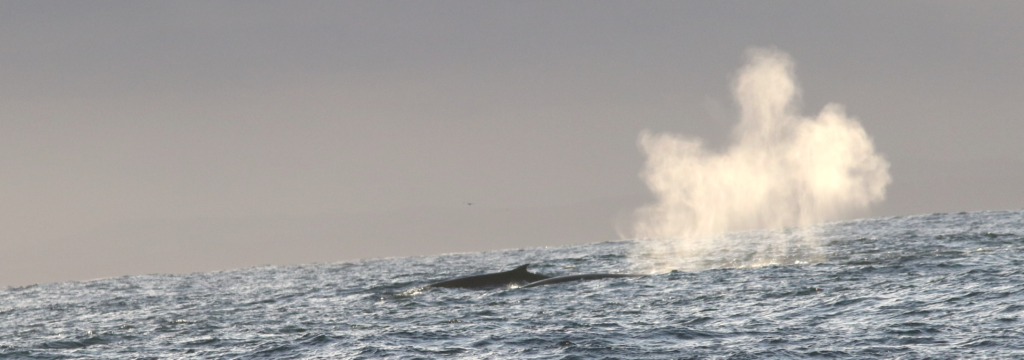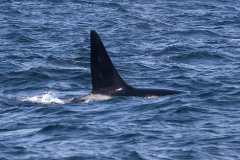
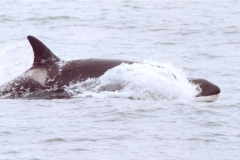
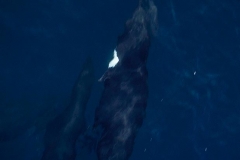
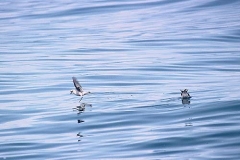
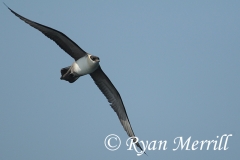
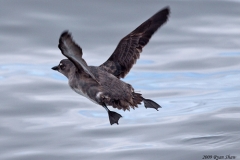









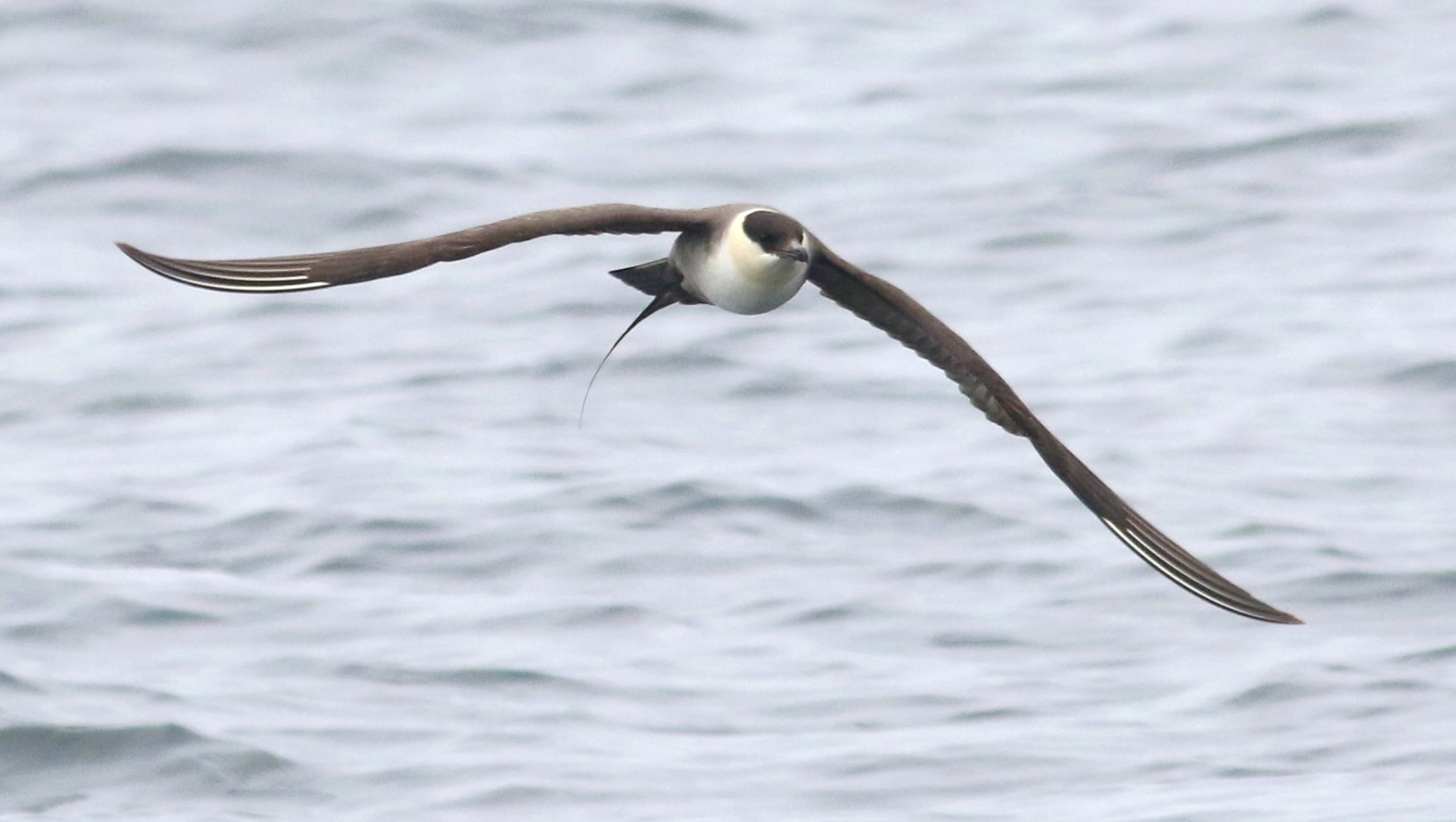
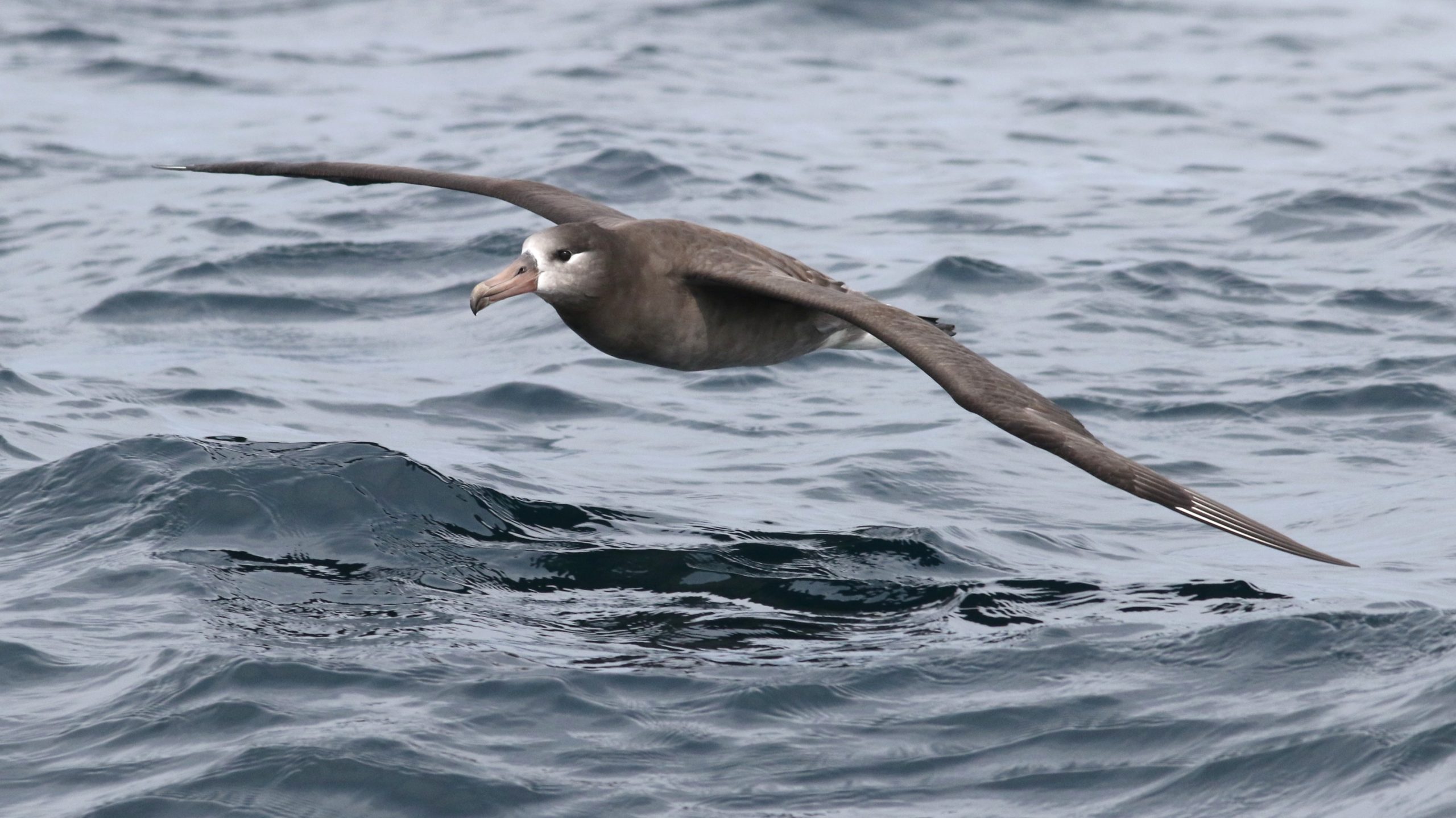
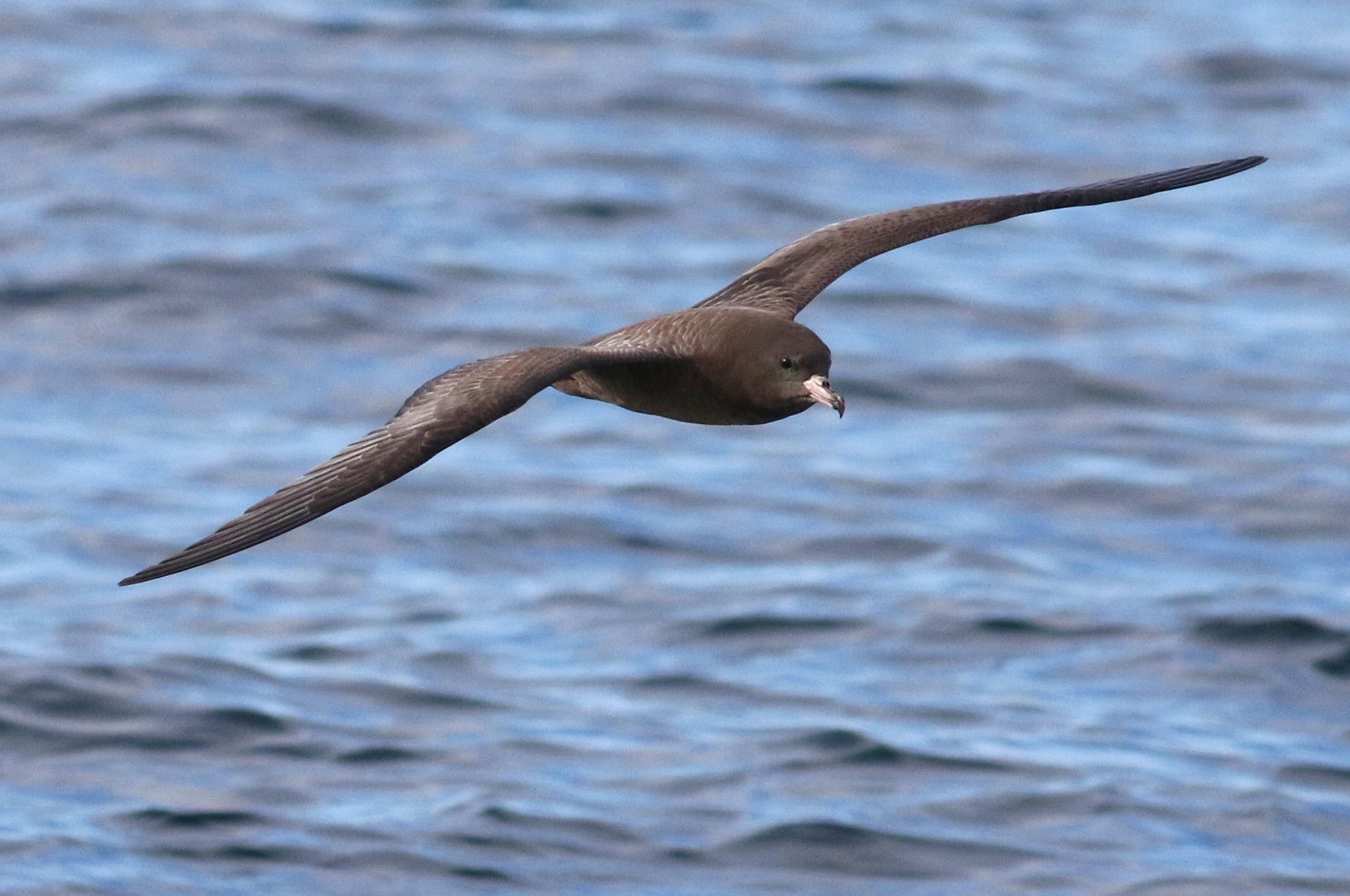
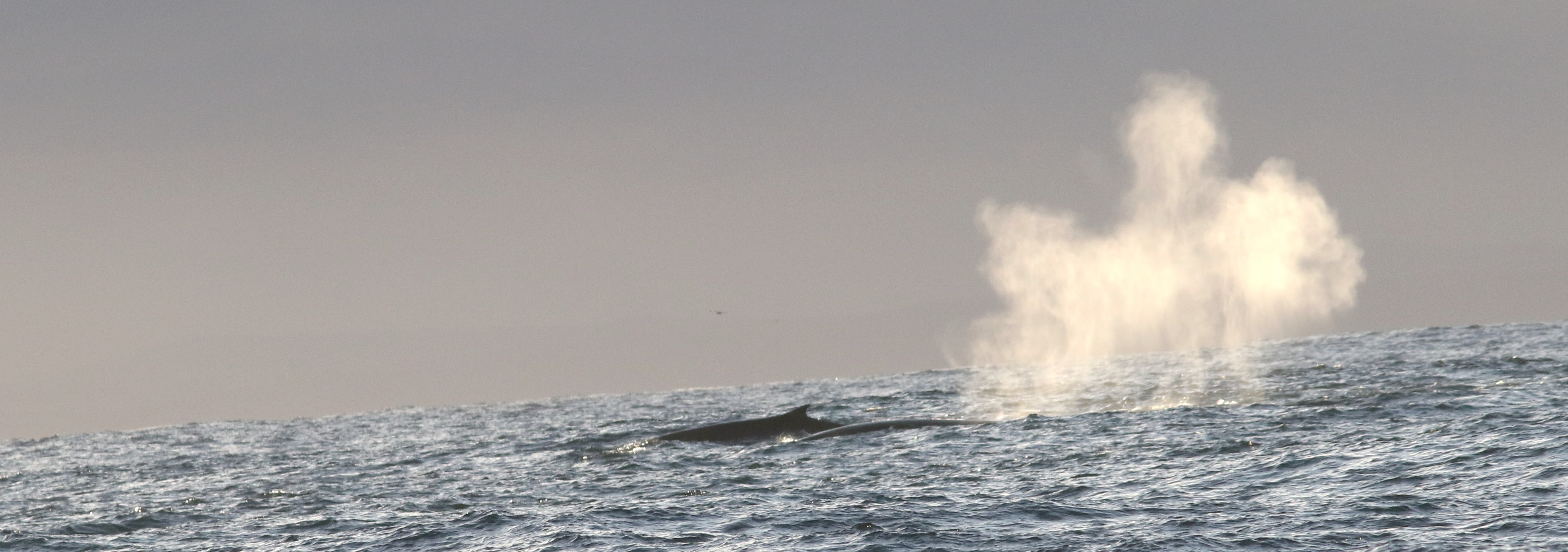
Excerpts from Michael Donahue’s December 2004 article in Birding
Seasickness occurs when your brain perceives conflicting signals between what your eyes are seeing and your sense of balance. Anyone can get seasick although some people are more prone to it than others. Sea conditions can influence if you get seasick but so can how you prepare for your trip and the measures you take not to get seasick.
Many birders swear by scopolamine patches, which are worn behind the ear. They are available only by prescription. The most common side effect is a dry mouth. Less common are drowsiness and blurred vision. Dimenhydrinate and meclizine HCL are popular medications readily available over the counter. They are better known as Dramamine and Bonine, respectively, but you may see generic forms of these two drugs in the drug store. Drowsiness is the most-common side effect of these two drugs.
It’s important to remember that some medications need to be taken before the trip. It’s also important to take them as directed, and to read through the side effects and warnings listed on the package before you take it. For example, all of these medications caution against consuming alcohol while taking the drug, and they shouldn’t be used if you have problems urinating. Check with your doctor if you aren’t sure.
Acupressure is an alternative to medication. To control nausea, pressure is applied to the inside of the wrist by wearing an elastic wrist band with bumps on the inside. These bumps touch a pressure point and block nausea signals from being sent to the brain. They are available at most drug stores. There is also an electronic wrist band (called ReliefBand) that uses electronic signals to stimulate the nerves to the wrist. It was initially designed to help manage morning sickness, but has now been FDA-approved to treat motion sickness as well.
Finally, being well rested and keeping yourself as physically comfortable as possible can make the difference. Talk to your friends about what has worked for them. Don’t let the threat of sickness keep you from heading offshore.
All of our trips go offshore to one of three deep water canyons approximately 28-35 miles offshore. These canyons are just beyond the edge of the continental shelf and reach water depths in excess of 2,500 feet.
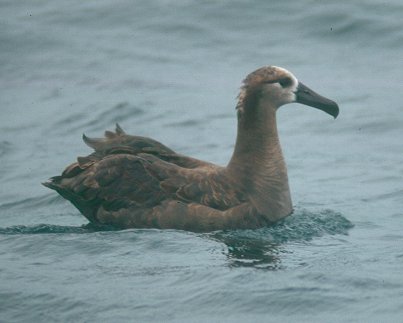 Birds that can be expected on most or all April – October trips: Black-footed Albatross, Northern Fulmar, Sooty Shearwater, Pink-footed Shearwater, Fork-tailed Storm-Petrel, Red-necked and Red Ph...
Birds that can be expected on most or all April – October trips: Black-footed Albatross, Northern Fulmar, Sooty Shearwater, Pink-footed Shearwater, Fork-tailed Storm-Petrel, Red-necked and Red Ph...
Copyright © West Port Sea Birds. All Rights Reserved
Questions/Comments about the site? Feel free to e-mail the webmaster







